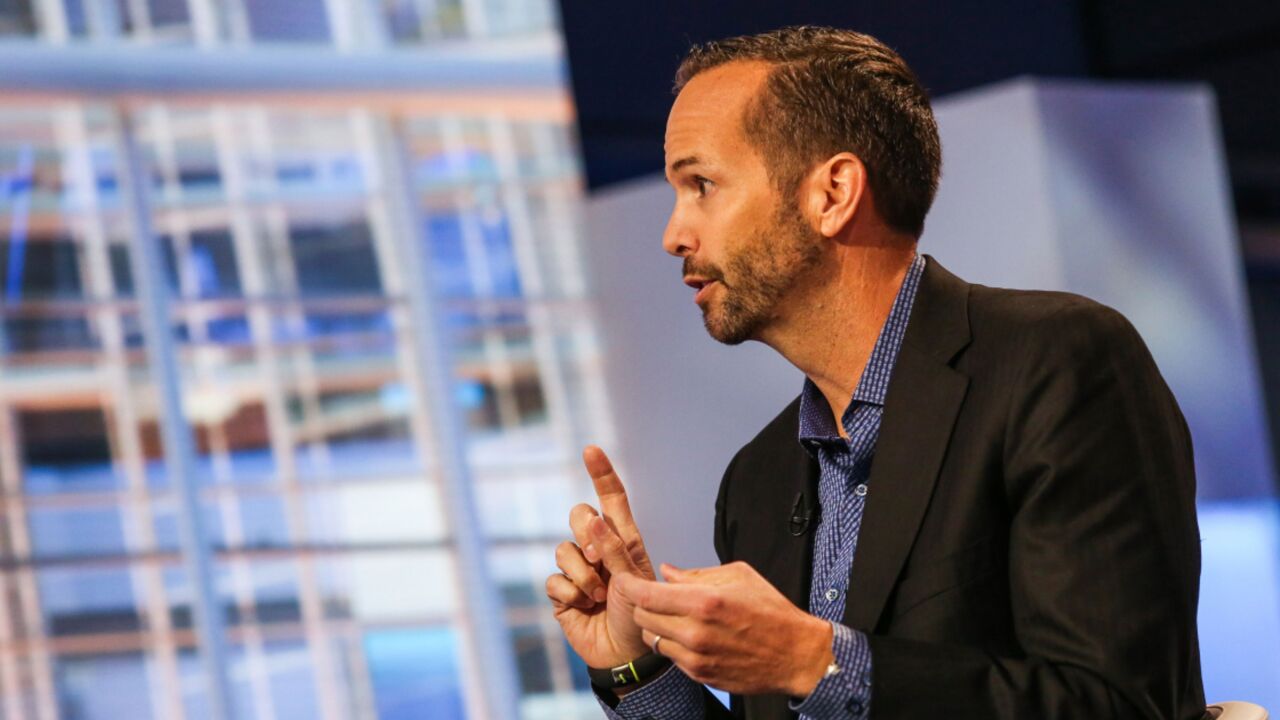-
The Cincinnati-based bank, which purchased a solar lender last year, is facing an investigation from 17 state attorneys general over the acquired company's lending practices and contractor network. One solar panel installer has gone bankrupt and faced complaints across the country.
November 9 -
Los Angeles-based Lendistry — in less than two years — became the largest Black-run 7(a) lender. Its CEO credits a concerted effort by the Small Business Administration to reach out to minority lenders and businesses, whose participation in the lending program is growing.
November 9 -
Broader economic factors, including growing household debt, are also likely to keep the housing market stagnant, Freddie Mac said.
November 9 -
The proposal fails to account for the needs of small and medium-size businesses, which depend on banking data connectivity to keep their operations running.
November 9 Codat
Codat -
Citigroup didn't admit any wrongdoing in its settlement of allegations by regulators that employees denied credit cards to people in Southern California suspected of being of Armenian origin.
November 8 -
The bank has seen its balance sheet swell in recent years and this quarter could become the first U.S. bank to reach the $4 trillion mark. Analysts credit it as a well-run institution, but the megabank's growth is sure to play into ongoing debates over big-bank capital rules and "too big to fail."
November 8 -
The company missed revenue projections, and it's trying to tap other funding strategies amid a "difficult lending environment."
November 8 -
Proceeds from the sale provide the bank with "flexibility to evaluate and pursue various strategic initiatives to redeploy capital in support of our core banking business," Evans CEO David Nasca said.
November 8 -
The San Carlos, California, consumer lender said it's "exploring strategic options" for its credit card portfolio, discontinuing its investment and retirement products and sunsetting a partnership with Sezzle in addition to embarking on a new round of job cuts.
November 7 -
As U.S. credit card balances continue to march above $1 trillion, the number of newly delinquent credit card users now exceeds the pre-pandemic average and millennials and those with student or auto loans are driving the increase in past-due payments, the New York Fed said.
November 7








